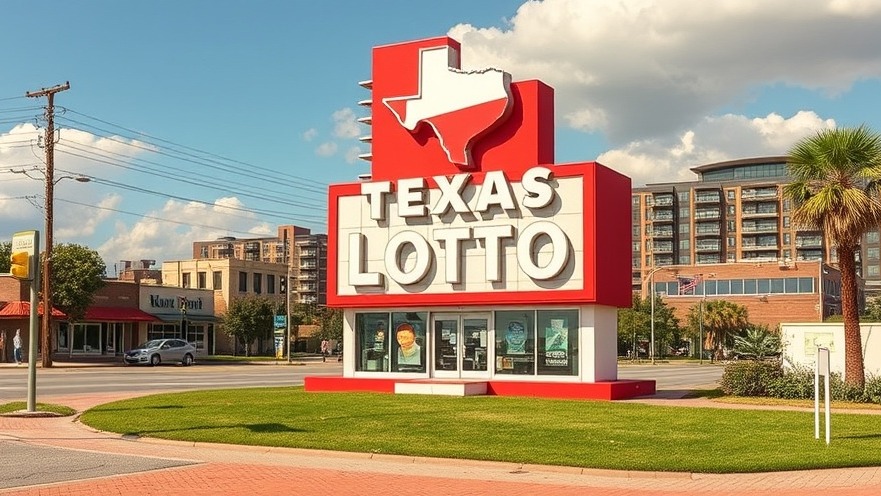
Plano's New Park Fees: A Response to Rising Costs
In a recent decision, the city of Plano has opted to raise park development fees for builders as a direct response to the escalating land costs and a new state legal framework. This move is part of an ongoing effort to ensure that community amenities keep pace with rapid urban development. As local governments grapple with cost increases, these fees will play a significant role in funding public spaces that serve the growing population.
Understanding the Context: Rising Land Costs
The increased fees represent not just a financial adjustment but a reaction to increasing land costs that have been a persistent issue in the Dallas-Fort Worth area. According to reports, the price of land has surged due to high demand, various infrastructure projects, and a booming housing market. This shift places the burden on local governments to maintain public amenities, as private developers may not always shoulder the full financial responsibility.
The Impact of New State Laws on Local Development
As outlined by officials, the recent changes in state laws have also prompted this new fee structure. These laws sometimes limit how cities can leverage funding for public services and amenities. By increasing park fees, Plano seeks to navigate this complex legislative environment while safeguarding the city’s green spaces.
Community Values: Parks as Essential Infrastructure
For many residents, parks are more than just recreational areas; they serve as vital community hubs. Studies have shown that access to well-maintained parks contributes to community cohesion and enhances the quality of life. In Plano, where urban growth is significant, maintaining robust park systems could be seen as essential for residents’ well-being. With rising park fees, the city aims to preserve these spaces that contribute to social connection and health, even amidst financial pressures.
Future Trends: What This Means for Development
Looking forward, this decision may influence the direction of future developments in Plano and the wider Dallas area. Higher fees could deter some developers from pursuing new projects if margins tighten. However, they may also incentivize developers to create better, more sustainable projects that integrate parks and other amenities into their designs. It underscores the need for a balanced approach as Plano aims to enhance its urban landscape while remaining attractive to potential investors.
Public Reaction: Voices from the Community
Residents and community leaders have expressed mixed feelings about the fee increase. While some understand the necessity of maintaining park space amidst growth, others worry about the unintended consequences on housing affordability and local business development. Local debates on this topic reflect broader concerns seen in many growing cities.
A Call for Community Engagement
As Plano moves forward with these fee increases, community input will be crucial. Engaging with residents during this transitional phase can enhance the approval and effectiveness of future developments. Public forums and discussions may pave the way for collaborative approaches to urban planning that can build consensus while meeting the city’s growing needs.
In Conclusion: Taking Action as Informed Citizens
The adjustment of park fees in Plano serves as a critical touchpoint within ongoing local development dialogues. Residents should stay informed about these changes and participate in community discussions, sharing their thoughts on how best to preserve quality of life in the face of growing urban pressures. Engaging with city council sessions, voicing opinions in public forums, and participating in local activism will ensure their viewpoints are considered as they shape the future of their city.
Contribute to the conversation by attending community meetings and sharing your thoughts with local leaders. Your input can help shape the future of parks and public spaces in Plano!
 Add Element
Add Element  Add Row
Add Row 



Write A Comment